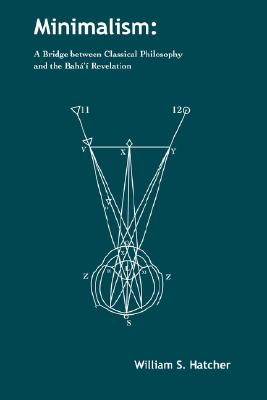During the axial period of classical Greek philosophy (roughly 500-200 B.C.E.), philosophers posed virtually every question that it is possible to ask concerning the world, humanity, God, and the meaning of life. Different schools of philosophy gave different answers to these questions. Some of these answers have proved wrong (e.g., Aristotle's contention that rest is the natural state of motion of a physical body), some have proved true (e.g., Archimedes' principle) and some remain speculative (e.g., whether or not matter is infinitely divisible). In the modern period, beginning with Descartes and his method, empirical investigation of the world replaced rational speculation about the world as the "prime mover" of philosophical (including scientific) thought. Empirical science is "bottom up," beginning with concrete observation and then moving inductively to general, abstract laws and principles, whereas classical philosophy and metaphysics are typically "top down," starting with certain abstract, general principles and then moving deductively towards application to the concrete. However, empirical science has been increasingly mathematized, especially after the 19th-20th century discovery of the new and powerful logic of relations (classical, Aristotlean logic was only attributional, not relational). This highly mathematized empirical science now finds itself facing the same questions posed by classical philosophy. Minimalism is the name given by Professor Hatcher to his method of applying modern relational logic retroactively to problems in classical philosophy such as the existence and nature of God. The answers obtained by a persistent application of this method are seen to coincide remarkably with the answers to these same questions found in the Sacred Scriptures of the Bahá'í Faith. Thus, with respect to fundamental issues of philosophy, Hatcher's minimalism seems to constitute an empirical/logical approach parallel and complementary to the exegetical study of the Bahá'í Writings themselves.











